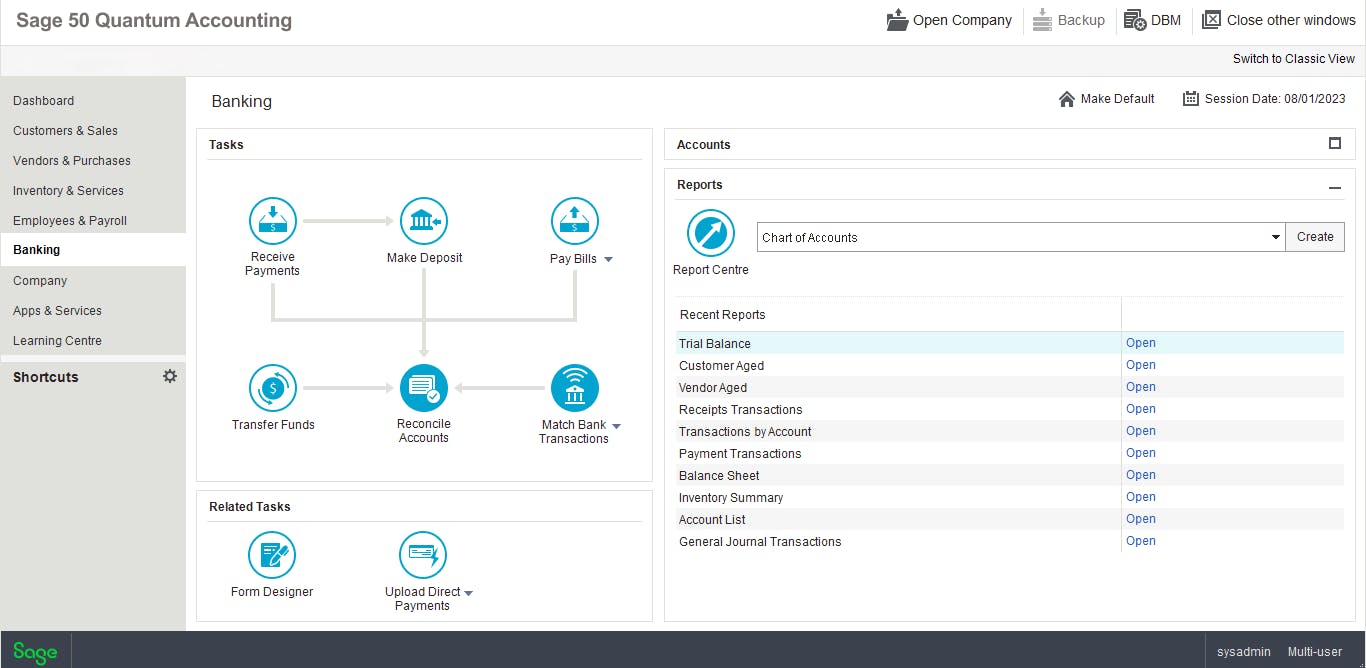
Building Blocks of Financial Success: Strategies for Construction Businesses
As a construction business owner, you know that managing your finances is just as crucial as pouring a solid foundation for a building. Without a strong financial structure, your company may crumble under the weight of unexpected expenses, cash flow issues, and missed opportunities. In this post, we'll discuss the essential strategies for building a financially successful construction business.

Building Blocks of Financial Success: Strategies for Construction Businesses
As a construction business owner, you know that managing your finances is just as crucial as pouring a solid foundation for a building. Without a strong financial structure, your company may crumble under the weight of unexpected expenses, cash flow issues, and missed opportunities. In this post, we'll discuss the essential strategies for building a financially successful construction business.
1. Create a Detailed Business Plan
Just like a blueprint guides the construction process, a well-crafted business plan serves as a roadmap for your company's financial future. Your business plan should include:
- Financial projections: Estimate your income, expenses, and cash flow for the next 3-5 years.
- Market analysis: Identify your target clients, competitors, and industry trends.
- Marketing strategy: Outline how you'll attract and retain customers.
- Operational plan: Describe your company's structure, management, and processes.
By having a clear vision and plan, you'll be better equipped to make informed financial decisions and navigate challenges along the way.
2. Establish a Strong Accounting System
Think of your accounting system as the plumbing of your financial house – it keeps the money flowing smoothly and prevents leaks. Implement a robust accounting software that allows you to:
- Track income and expenses
- Generate invoices and manage payments
- Monitor cash flow
- Prepare financial statements
Regularly review your financial reports to identify areas for improvement and ensure your business is on track to meet its goals.
3. Manage Cash Flow Effectively
Cash is the lifeblood of your construction business. Like a circulatory system, it needs to keep moving to keep your company healthy. To manage your cash flow effectively:
- Invoice promptly and follow up on late payments
- Negotiate favorable payment terms with clients and suppliers
- Maintain a cash reserve to cover unexpected expenses
- Use cash flow forecasting to anticipate and address potential shortfalls
By staying on top of your cash flow, you'll be able to weather financial storms and seize growth opportunities when they arise.
4. Control Costs and Boost Profitability
Just as a skilled carpenter carefully measures and cuts materials to minimize waste, a savvy business owner must control costs to maximize profits. To boost your bottom line:
- Negotiate better prices with suppliers and subcontractors
- Implement lean construction techniques to reduce waste and inefficiencies
- Invest in technology and equipment that improves productivity
- Regularly review and adjust your pricing strategy
Remember, even small cost savings can add up to significant profits over time.
5. Manage Risk and Insurance
In the construction industry, accidents and disasters can strike like a wrecking ball, causing financial devastation. To protect your business, you must manage risk and maintain adequate insurance coverage. This includes:
- General liability insurance
- Workers' compensation insurance
- Equipment and property insurance
- Professional liability insurance (if applicable)
Regularly review your insurance policies to ensure they meet your business's evolving needs and comply with industry regulations.
6. Foster Strong Relationships
In construction, a sturdy building relies on the strength of its interconnected parts. Similarly, your business's financial success depends on the quality of your relationships with clients, suppliers, and subcontractors. To build strong, mutually beneficial relationships:
- Communicate clearly and transparently
- Deliver high-quality work and honor commitments
- Resolve conflicts fairly and promptly
- Seek opportunities for collaboration and referrals
By nurturing these relationships, you'll create a supportive network that can help your business thrive in good times and bad.
7. Plan for Growth and Succession
As your construction business grows, it's essential to have a plan for expansion and eventual succession. Like a skyscraper rising from a solid foundation, your growth strategy should be built on a stable financial base. This involves:
- Setting realistic growth targets and timelines
- Securing financing for expansion projects
- Investing in staff development and recruitment
- Developing a succession plan for key leadership roles
By planning ahead, you'll be able to scale your business sustainably and ensure its long-term success.
Conclusion
Building a financially successful construction business requires careful planning, disciplined execution, and continuous improvement. By implementing these strategies – from crafting a detailed business plan to managing risk and relationships – you'll create a strong foundation for your company's future.
Remember, just as a beautiful building is the result of many small, well-placed bricks, your business's financial success is the sum of countless daily decisions and actions. Stay focused on your goals, adapt to challenges, and never stop learning and growing. With dedication and perseverance, you'll construct a business that stands the test of time.